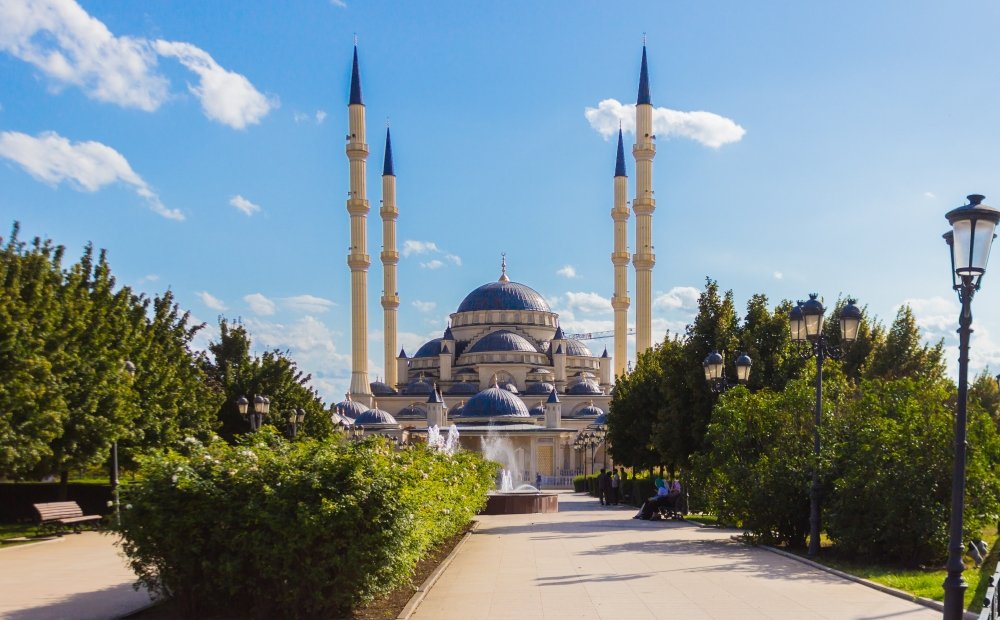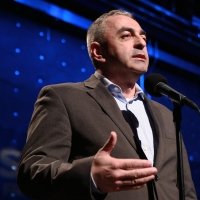A Path Through the Mountains: Islam and Nationalism in the Caucasus

The revival of post-Soviet movements in Muslim-majority regions in Russia highlights a reinvention of new ethnic traditions and the rejection of preexisting religious trends. However, the Kremlin has not exercised a uniform policy toward political Islam or nationalism in Russia. Instead, it has pursued different approaches in every region along with different combinations of hard and soft power. Sufian Zhemukhov discussed the development of post-Soviet nationalism and political Islam and their interaction with the state in Russia’s North Caucasus.
Selected Quotes
Sufian Zhemukov
When the Soviet Union fell apart, several separatist movements emerged in the North Caucasus and they were based on nationalist ideology and separatist sentiment rather than religion. And this nationalism remained in the Caucasus in a hidden form, even during Soviet times. Even though people identified themselves as atheists during this time, still people identified themselves by ethnicity.
In the East are three homogenously Muslim regions – Chechnya, Dagestan, and Ingushetia – with Muslims making up 90% of the population […] in the West, we have four mixed republics which have different proportions of Christians and Muslims […] What does this division of population tell us? In the East, religious identity had a chance to blend with national identity. If you are a Chechen, you are also a Muslim. But in the west, religious and national identity did not blend.
The state/church relationship is really different in the East and West Caucasus. In the East, Islam is incorporated into the political machine. Muslims play an active role in political parties, the leaders of the republic appear in mosques, publicly praying. In the West, this is not the case. Islam is not part of the political machine, and does not play much of a role in the political elite. If you see a governor from one of these republics visiting a mosque you can be sure that the same day or next day he will visit a church in order to show that he is tolerant to both.
Speaker

Associate Research Professor of International Affairs at George Washington University
Hosted By

Kennan Institute
After more than 50 years as a vital part of the Wilson Center legacy, the Kennan Institute has become an independent think tank. You can find the current website for the Kennan Institute at kennaninstitute.org. Please look for future announcements about partnership activities between the Wilson Center and the Kennan Institute at Wilson Center Press Room. The Wilson Center is proud of its historic connection to the Kennan Institute and looks forward to supporting its activities as an independent center of knowledge. The Kennan Institute is committed to improving American understanding of Russia, Ukraine, Central Asia, the South Caucasus, and the surrounding region through research and exchange. Read more
